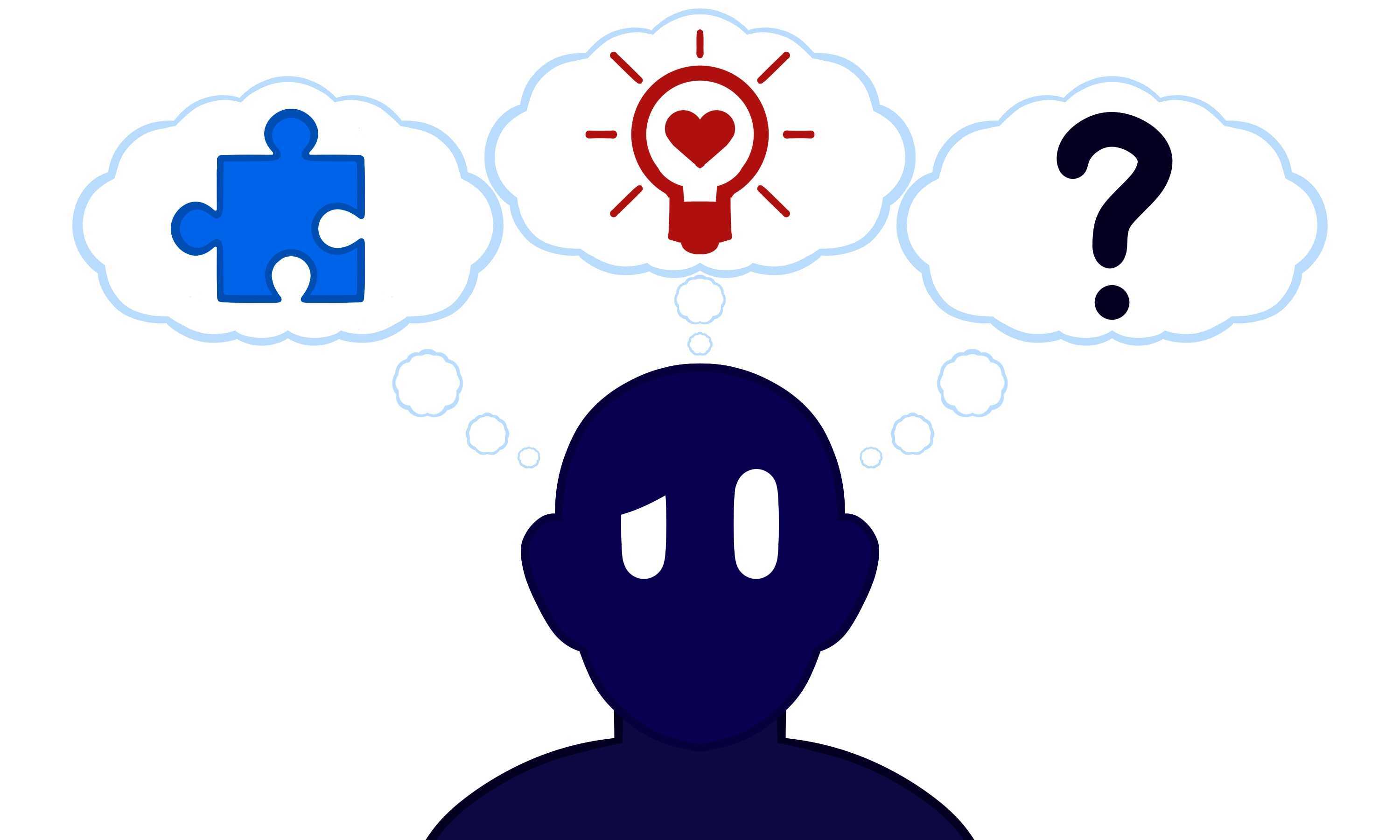
JACE JACOBS
Special to The Leader
For those that are unaware, April marks the beginning of Autism Awareness Month. Autism Awareness Month aims to further the awareness and acceptance of those who have autism and tries to boost charities that help autistic folks in need. Although many people have stereotypes of autistic people built into their minds, there are many people with autism that don’t fit those stereotypes.
Autism is a neurological disorder that operates on a spectrum. Some autistic people have higher needs and can be non-verbal, while others have lower needs and are seen as functioning like neurotypical people. However, this is not the case. For most college students living with autism, school can prove to be difficult, and daily life can be the cause of major stresses.
In the world of neurodiverse people, day-to-day life rarely stays consistent. Some days someone with autism may be functioning perfectly fine, while other days getting out of bed and making breakfast may take all of their energy.
The latter is an occurrence labeled “autistic burnout,” and it can take a major toll on students with autism. One student from SUNY Fredonia, who would prefer to remain anonymous, said that autistic burnout is “life altering.” They said they are “a completely different person” when they are burnt out. “I have to cut my activities, academics, survival tasks and extracurriculars significantly just to get through,” the person said.
In thinking about how autistic college students get through the day, I spoke to another Fredonia student about how disability services on campus have aided them. Although they chose to remain anonymous, they said, “Disability [Support] Services has done the bare minimum” and that the office has a history of gaslighting those that complain about microaggressions and ableism faced within the classroom setting.
Microaggressions and blatant ableism seems to be a major issue faced by those that choose to be open about their autism with their professors and disability services. This makes being a college student especially difficult, as the lack of assistance and understanding can cause students to feel isolated and more stressed when it comes to attending classes. This can be an especially big issue for those with autism, as it can cause or make periods of burnout worse.
Along with dealing with day-to-day struggles as college students, autistic people face a lot of harshness from the outside world. This includes microaggressions and blatant ableism like what is faced on campus, and can even extend as far as organizations lying about supporting autistic individuals.
One such organization is Autism Speaks, which has commited many negative acts towards autistic people. Autism Speaks seeks to find a cure to autism, and the majority of their funding goes to researching potential “cures” of autism.
As many autistic and allistic people alike have made abundantly clear, autism is not a disease which needs curing. It is a neurological disability with symptoms that can be improved upon through various kinds of therapy. These kinds of therapy are what deserve more funding and research, as opposed to finding a flat-out cure for autism.
Autism Speaks has also released content — some of which has appeared in its marketing campaigns — that demonizes people with autism. This content includes many negative stereotypes neurotypical people hold in their minds about autistic people. Oftentimes, this can worsen the internal bias that some people have against autistic people, considering that Autism Speaks is an organization that has received an abundance of positive attention in the media since its founding.
When it comes to negative organizations such as Autism Speaks, autistic people and their allies may find themselves in charge of educating their friends and family members about why such organizations are bad to donate to. They may often be tasked with finding organizations that are more appropriate for them to donate to.
When asked about how frustrating it is to have to educate those around them, one of my sources said, “I wish people would put in the work, especially the people who say they care about disabled individuals. You don’t care if you don’t do the work to support us.”
Keeping that last quote from one of my sources in mind, it is important to show your support for those that are autistic. Although the previously mentioned Autism Speaks may not be the best to donate to, other charities provide better services and resources for both autistic and allistic people alike.
Some good charities to donate to this month include the Organization for Autism Research, the Autism Society of America, the Autism Community in Action and many more. Other ways to show your support for autistic individuals this month is to use images such as the “Light It Up Red” logo and the rainbow infinity sign as opposed to the blue or multicolored puzzle pieces.
Other ways to support autistic individuals in your own life is to check in on them and see if or how you can help them if they are struggling with anything. Furthermore, simply showing kindness to those you know or care about would be a big help to them. Showing your support to autistic people, especially this month, does not go unnoticed. Support will always be appreciated.
